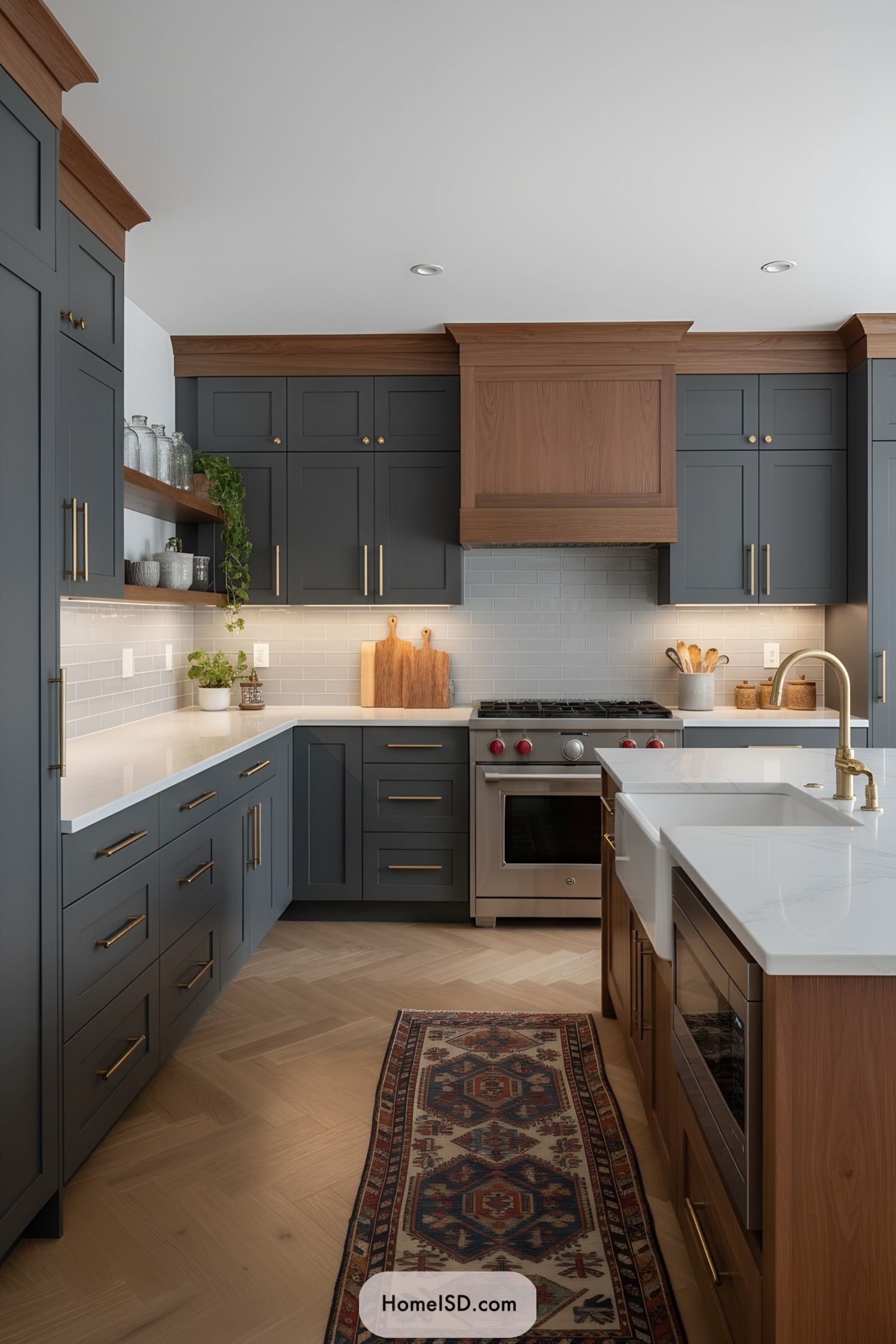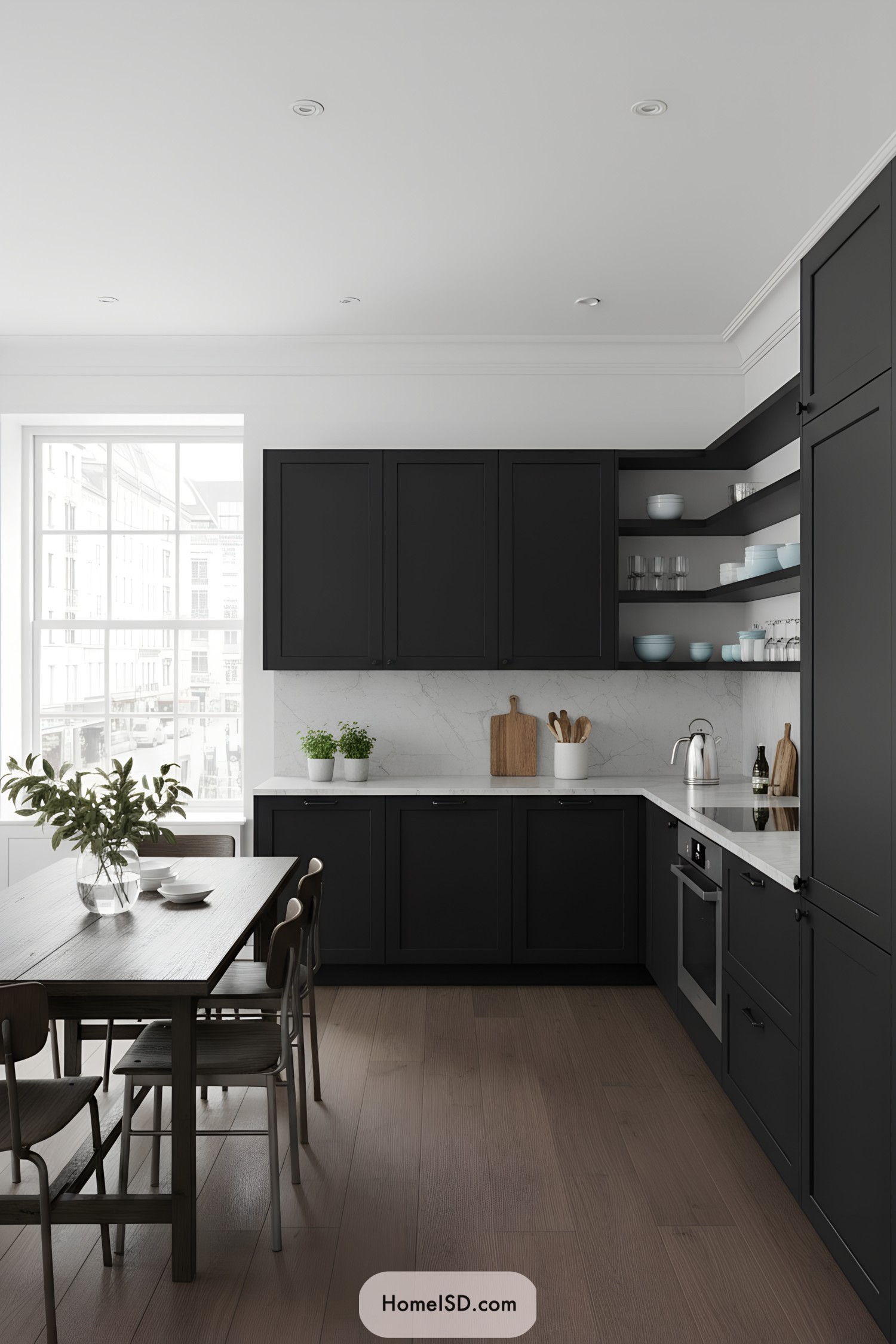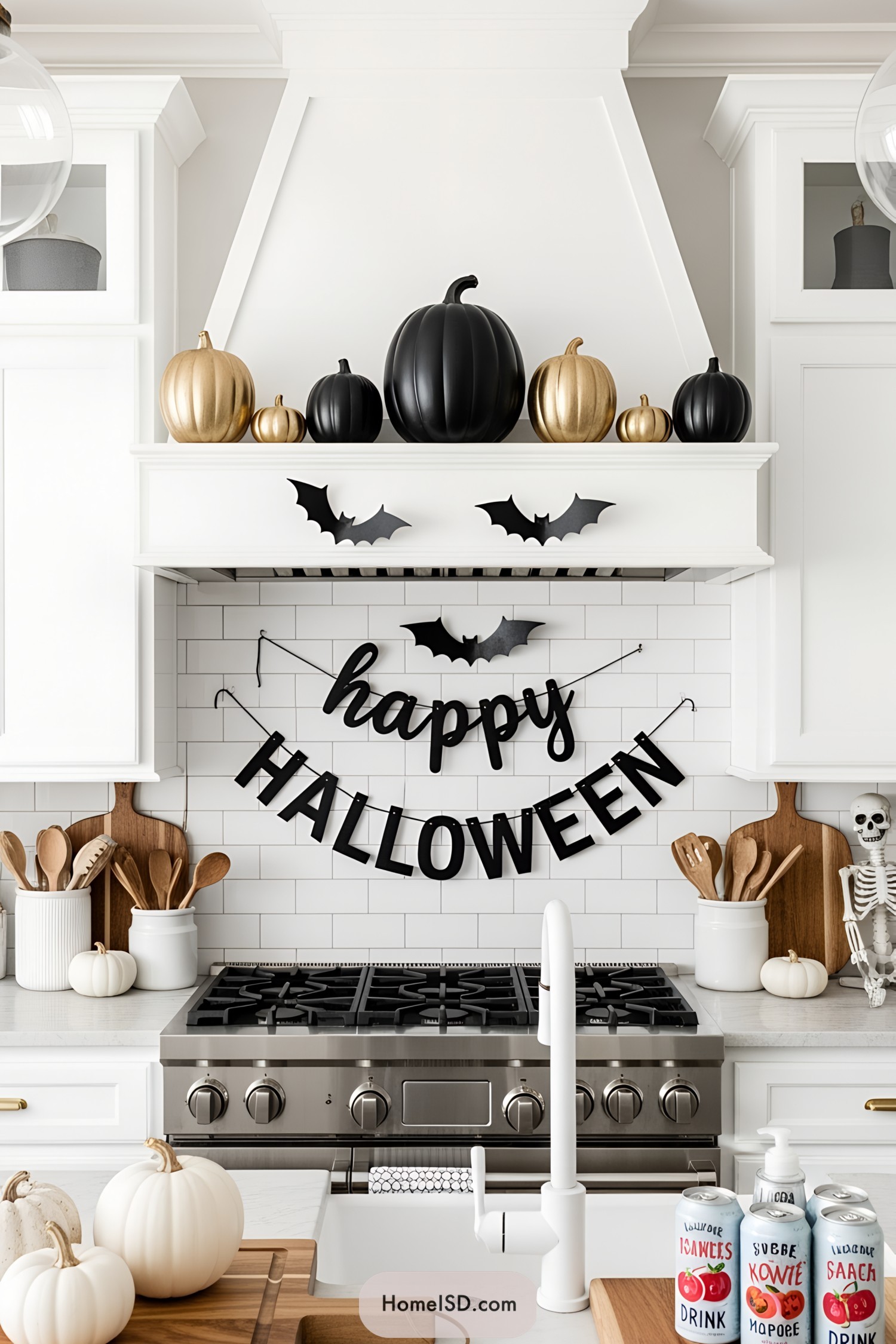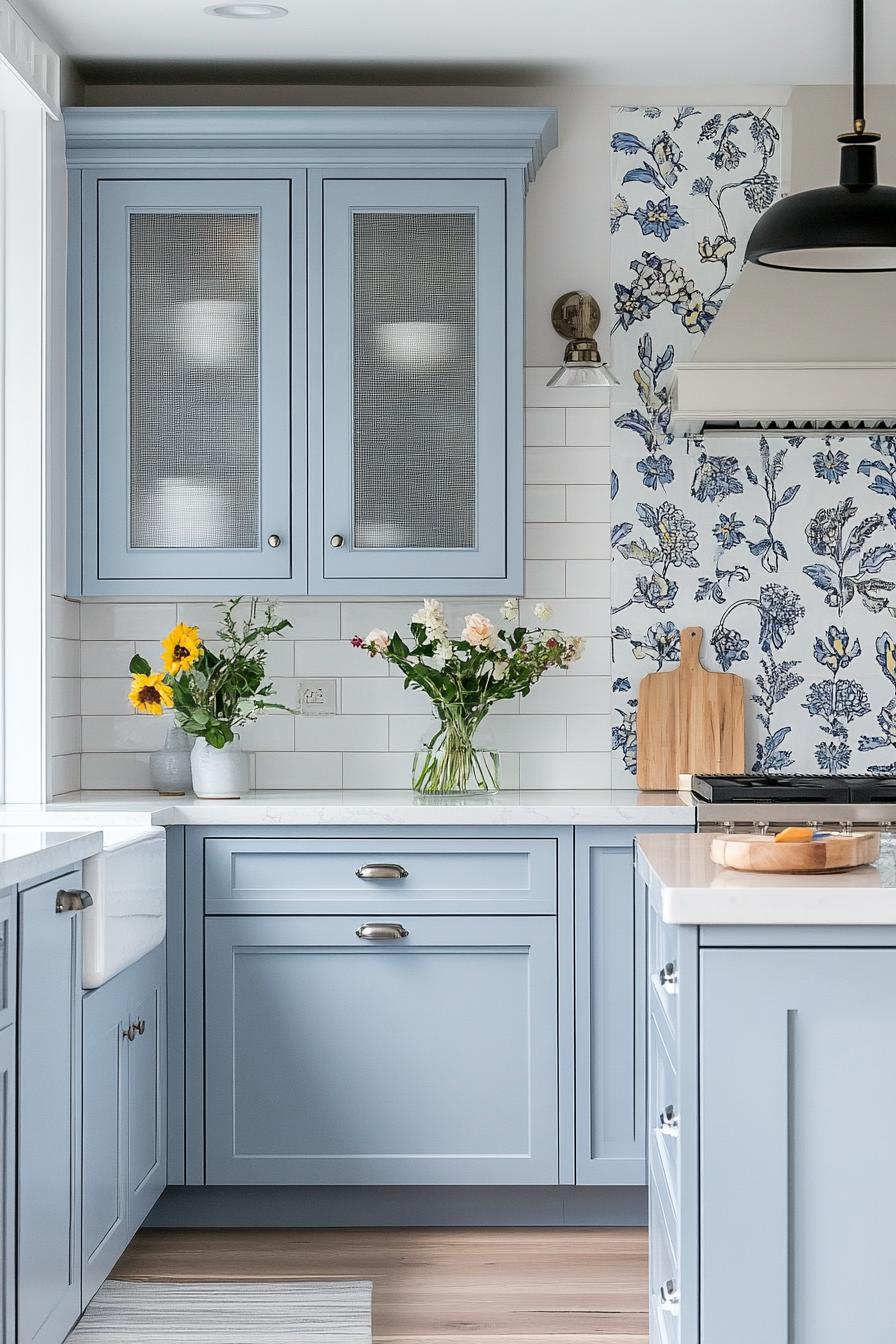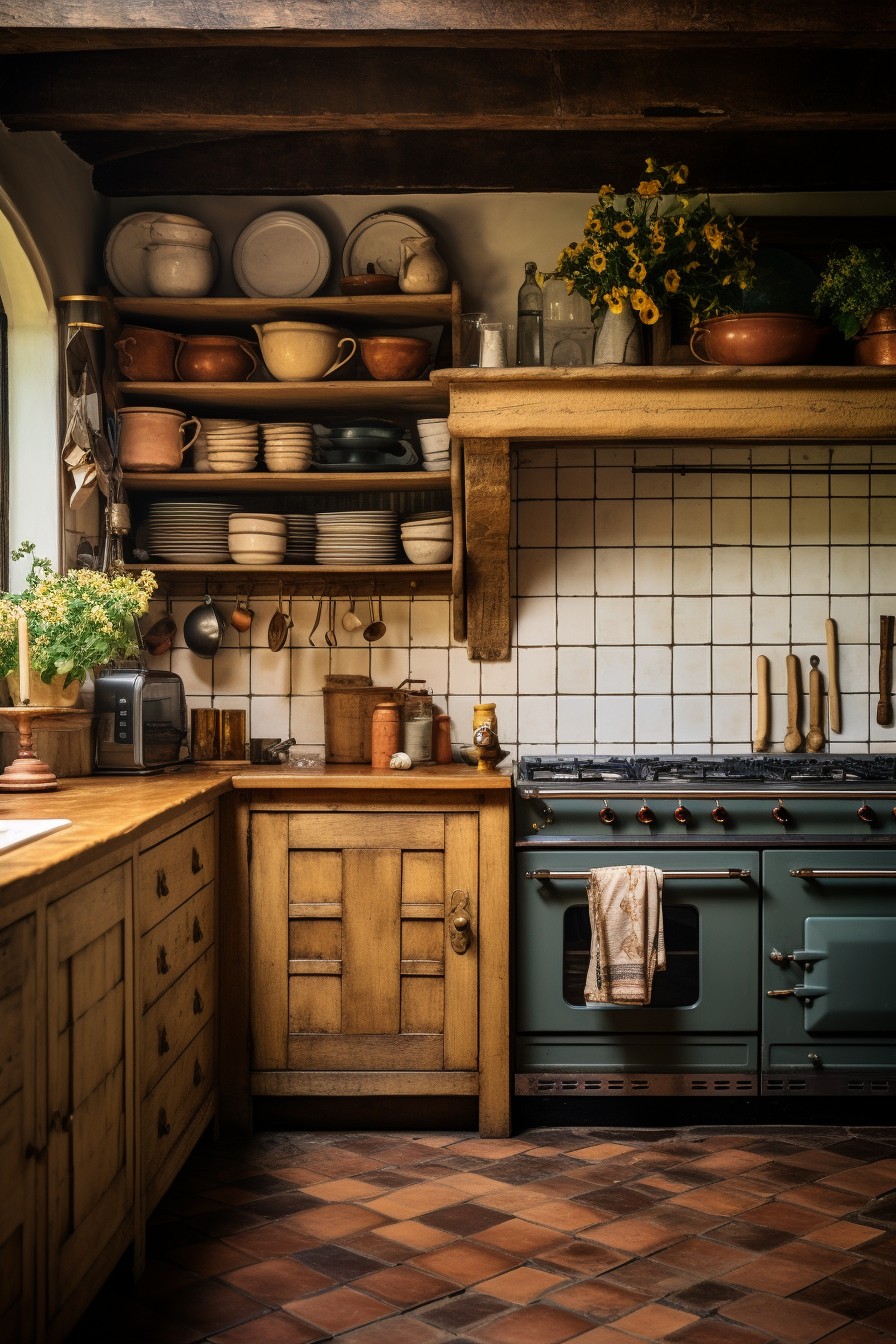Last updated on
Considering recycled glass countertops to makeover your kitchen or bathroom? Here’s everything you need to know about them before deciding.
When it comes to designing or renovating a kitchen, choosing a new countertop material can be overwhelming. There are so many material options to choose from: quartz, granite, butcher-block, bamboo, concrete, marble, laminate, and recycled glass. Indeed, recent trends in popularity can be partly understood in environmental terms as consumers are leaning more and more towards eco-friendly options they can feel right about.
Adding a recycled glass countertop is one such option that homeowners can add to a ‘green’ kitchen. Not only is this option earth-friendly, but it is also budget-friendly. Recycled glass countertops are also one of the more low-maintenance options out there so they are as practical as they are aesthetically pleasing.
Recycled Glass Countertops
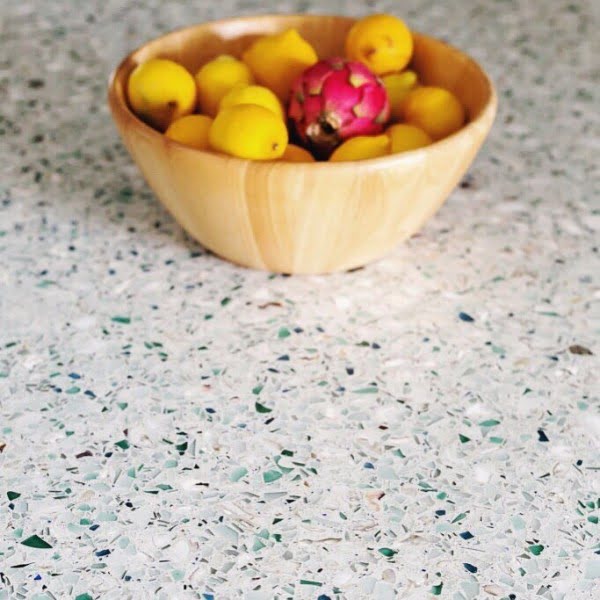
Recycled glass countertops are made from 100-percent post- and pre-consumer crushed recycled glass, mixed with either resin-based binders or cement-based binders. A completed recycled glass countertop will contain approximately 70 to 85-percent recycled materials. A recycled glass countertop is a one-of-a-kind surface that offers both strength and beauty.
Recycled Glass vs. Quartz and Granite
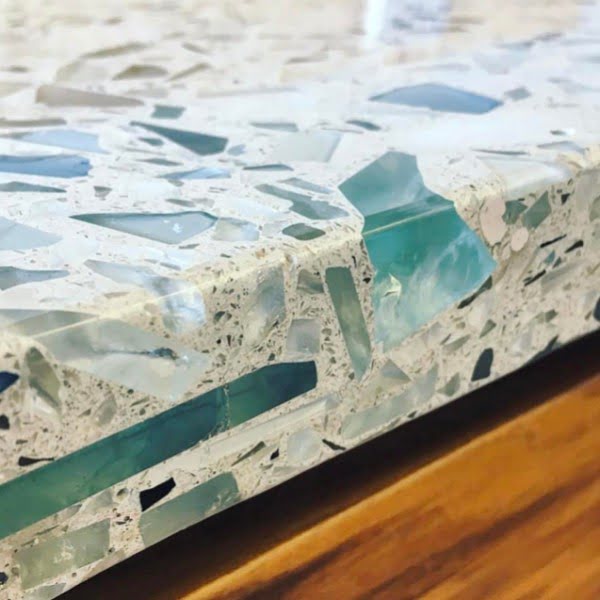
Recycled Glass
Recycled glass has a smooth, sleek, contemporary look. It is a green choice and an affordable one. As it is mixed with proven strong binders, recycled glass is known to perform like the stone in the aspects of fabrication and installation. They can also be customized for install as they can be shaped into curves or other unique ways. The glass chunks also come in practically any color imaginable, and they also have a unique ability to catch and reflect light, giving the countertops a different look in different lighting and at different times of the day. The recycled glass countertops range in price from approximately $50 to $80/square foot.
Quartz
Quartz, a natural mineral, is one of the hardest countertop materials so is resistant to chips, dents, and scratches. Like recycled glass, it is non-porous, which makes it a perfect choice for kitchen countertops as there is no need to worry over using certain cleaners or not having acidic foods directly on the countertops. Non-porous materials are also highly resistant to staining and naturally fighting off germs as food bacteria and fluids cannot soak into the material. Quartz countertops are available in over 70 finishes, including color and texture options. It ranges in price from $50 to $75/square foot.
Granite
Granite countertops offer a kitchen a touch of grandeur and sophistication. Like quartz, it is resistant to scratching and staining. It also comes in a wide variety of colors and patterns, it’s also a hard stone, and it’s also known for its light-reflecting abilities, especially in polished granite. Like glass and quartz, it is also non-porous. Granite, however, is a step above in versatility as it is also capable of outdoor use. Granite is generally a more affordable option than quartz as it averages approximately $40 to $50/square foot.
DIY Recycled Glass
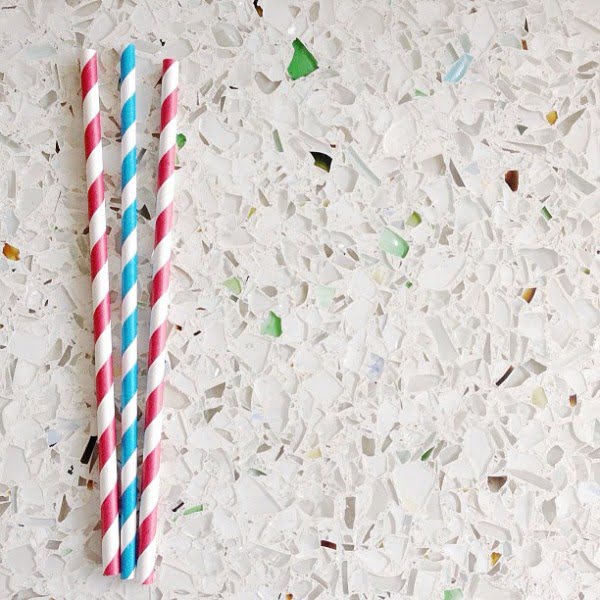
Constructing your own recycled glass countertop is within the realm of possibility if you are practically-minded, have a few tools at your disposal, and a relatively large workspace. In as little as a day, you can customize your own countertop with steps that include building a strong and stable support, the form through construction of the countertop mold, mixing the glass with binders and resins, casting it, using a grinder to level it, and ending with using a polisher for the desired finish. For DIYers looking to install a finished recycled glass countertop themselves, take into consideration that it must be installed by an authorized fabricator, or any warranty on the countertop will be voided.
Maintenance Woes of Recycled Glass Countertops
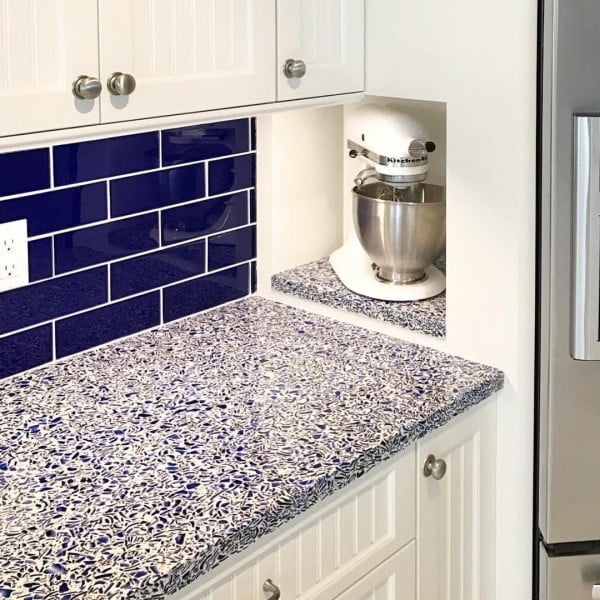
As there are two main types of recycled glass countertops, based on the materials the glass is mixed with, both have different maintenance concerns.
Cement-Based Glass Countertops
Recycled glass countertops that are mixed with cement will need a sealer applied periodically. This is necessary to protect the surface from etching and staining caused by substances with high acidity like citric fruits and juices, vinegar and red wine. These countertops are porous, so staining and etching is a danger. You will need to be mindful about what is placed directly on the countertop surface.
Resin-Based Glass Countertops
Recycled glass countertops that are mixed with resins form a non-porous surface. Thus it does not require sealing and will be highly stain and etch-resistant. This countertop will also be easy to clean as the non-porous nature makes it flexible when it comes to using a variety of cleaners. With this non-porous surface, you will not need to worry about placing certain items, foods, or substances directly on the countertop.
Pros of Recycled Glass Countertops
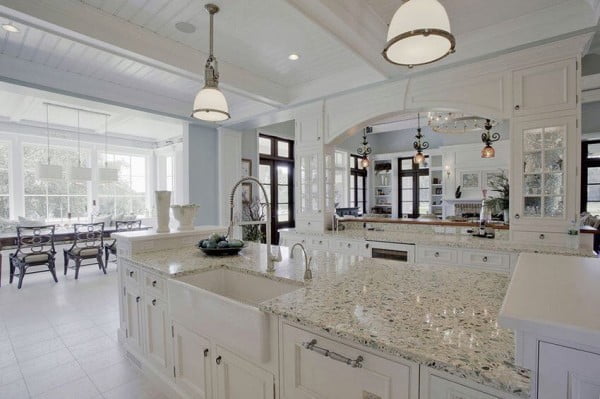
- Eco-friendly choice
- Affordable
- Sustainable
- Resin-based are non-porous
- Smooth surface
- Available in a variety of colors
- Performs like the stone in the installation
- Heat resistant
- Contemporary look and designs available
- Counters can be shaped during install
Cons of Recycled Glass Countertops
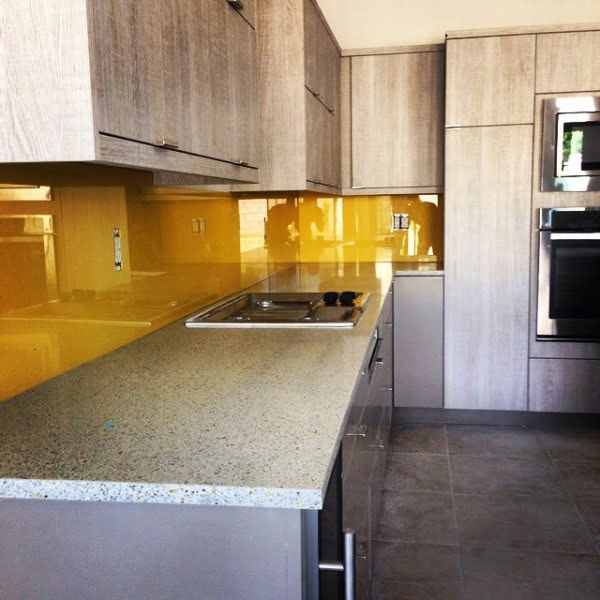
- Resin-based are porous
- Cement and resin binders not always green materials
- Cement-based will need periodic sealing
- Some reports of glass chunks chipping out
Final Word
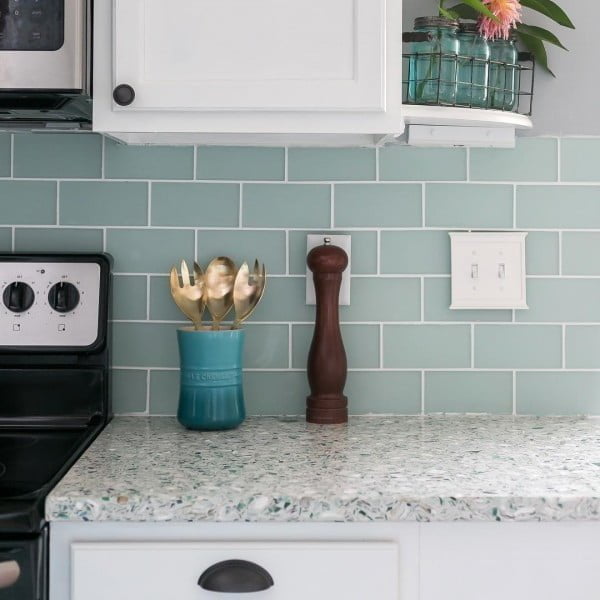
When it comes to selecting your new kitchen countertop material, there are so many options to wade through. If being environmentally-conscious is essential to you, recycled glass countertops can make it to your shortlist. Be sure, though, to inquire into exactly how green the materials that the glass is mixed with is.
Also, keep in mind that recycled glass countertops can be formed into unique shapes like curves, and any shape to suit any kitchen and style. The vast array of colors the glass chunks are available in are also a huge perk as the options are limited only by the home owner’s imagination.
When you are deciding on recycled glass countertops, be sure to consider the differences between cement-based and resin-based. If it is a low maintenance option you are looking for, leaning towards resin-based would be best as it is a non-porous surface that will not need periodic sealing, like its cement-based counterpart. Opting for recycled glass countertops will provide a look like few other countertop options will, one that is as sleek and modern as it is strong and sustainable.
List of All Other Types of Kitchen Countertops
Recap
